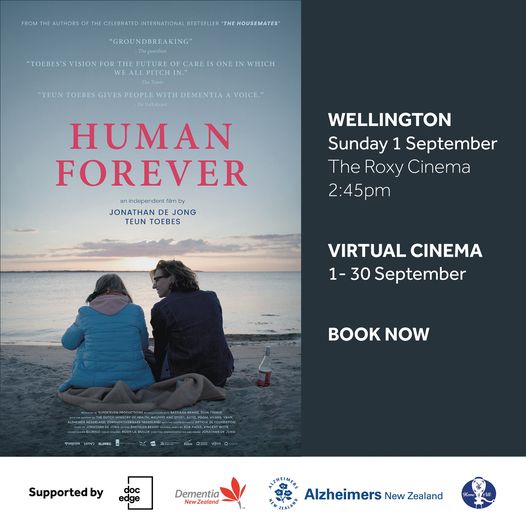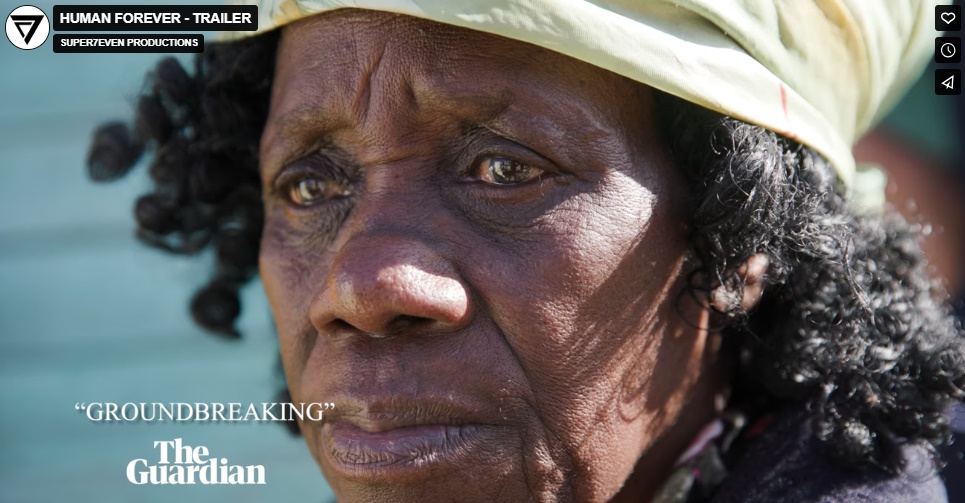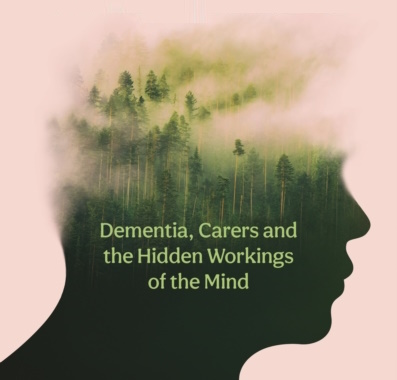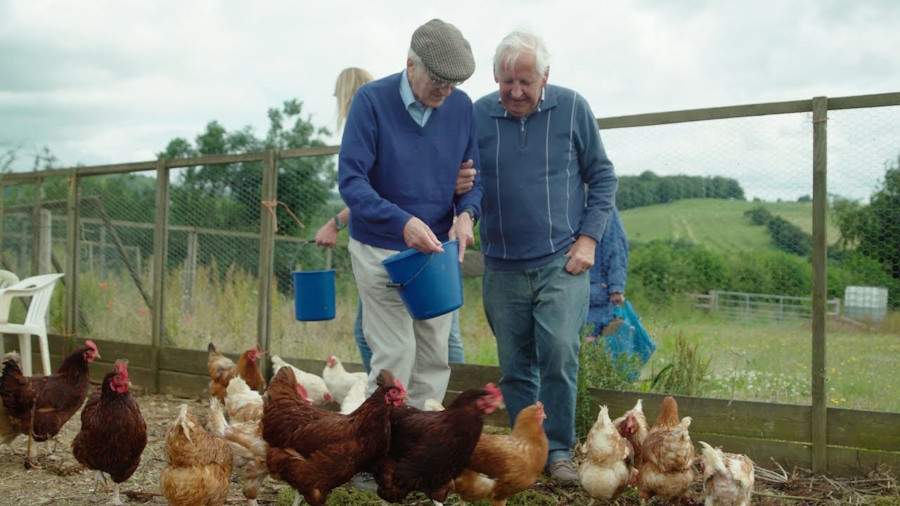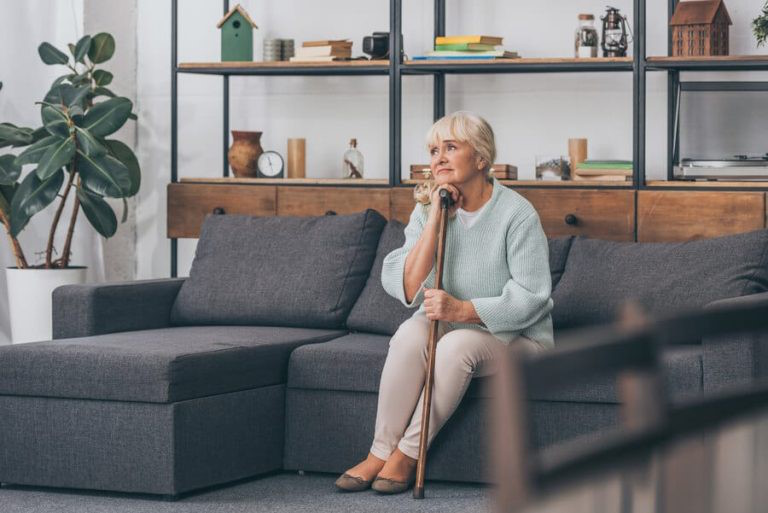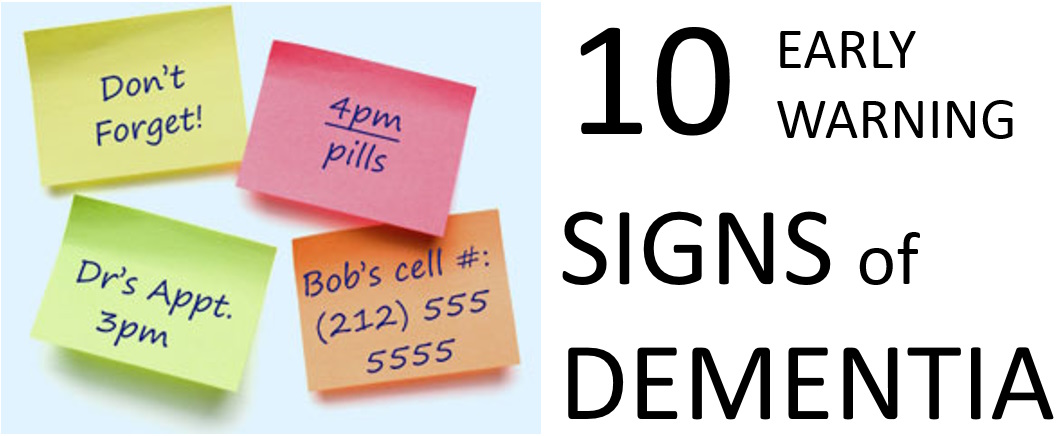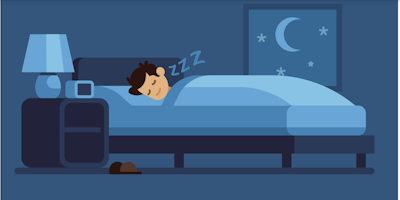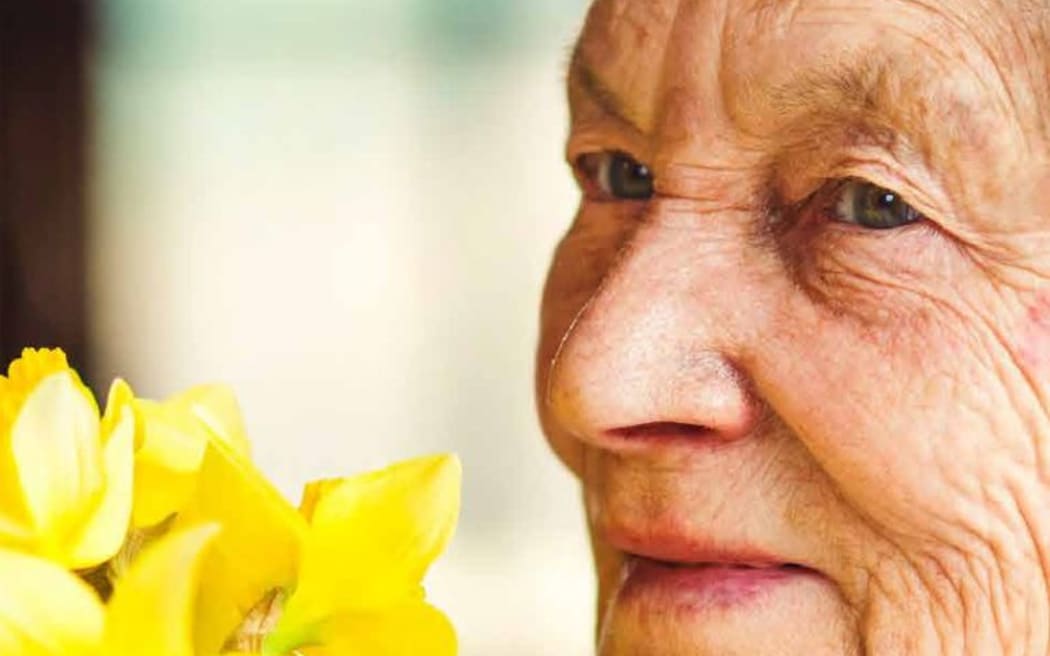
September marks Worldwide Alzheimer's Month, a time to raise awareness about a condition that affects an estimated 70,000 people in New Zealand. Dementia is a serious and debilitating condition impacting mental, social, and physical abilities. The wider public often struggles to relate to those living with dementia, leading to social isolation and loneliness for both the affected individuals and their families. The
August 15, 2024
‘Human Forever’ – NZ movie premiere
24-year-old humanitarian activist Teun Toebes has a mission: to improve the quality of life of people living with dementia. He has been living in the closed ward of a nursing home for years when he decides to take this mission to the next level. In 'Human Forever' he records an adventurous three-year journey across four continents and through 11 countries, taking
October 15, 2023
Book review: Travelers to Unimaginable Lands, by Dasha Kiper
Strolling through Paraparaumu library I came across this book in the dementia section. Curious about the content I borrowed it. I more or less expected to read another helpful book on care givers' experience while caring for their loved ones with dementia. After reading the first chapter I came to realise that the contend happened to be something much more profound.
September 25, 2023
Volunteering as a natural remedy to postpone dementia
As people age, the risk of dementia increases substantially1. If we could delay the onset of dementia there would be enormous benefits for the psychological well-being of people and their loved ones, and also for the strained healthcare and social sectors. Research has demonstrated that social, physical and cognitive activity in later life is associated with a reduced risk of dementia.
September 24, 2023
Providing happy days for people living with dementia in New Zealand
At Home4All we focus on what you can do, rather than what you can't. It is all about creating happy days together with others, by doing the things you still can in a safe environment. We have a workshop, a vegetable garden, and animals to interact with. This short video provides an impression of some of our activities.
September 12, 2023
People living with dementia need their own government support budget
In New Zealand, the focus of dementia care is on the carer. Carers do need support, and respite care provides crucial relief. Caring for someone who has dementia is one of the most difficult and tiring tasks in one’s life (hence the phrase "carers fatigue"). But what happens when there is no carer and the person with dementia is living alone?"
August 10, 2023
Early signs of dementia manifest differently in everyone: you can pay attention to these 10 things
It happens to all of us; we can't remember somebody's name or we forget where we left our car keys. Those who think they are becoming increasingly forgetful sometimes fear the worst… am I becoming demented? Biomedical scientist Liesbeth Aerts explains when forgetfulness is innocent and when it becomes worrying: "The first symptoms are often very subtle and different for everyone."
May 30, 2023
What do people with dementia need?
When it comes to supporting people living with dementia in New Zealand today, day care centres play an important role. Their aim is usually twofold: to provide an engaging environment for visitors and to offer respite for their partners and/or full time care givers. This article focuses on the first aim: providing a stimulating environment. What do people with dementia need?
May 21, 2023
Sleep well without medication
Lying awake for hours, tossing and turning, worrying, having satisfactory, pleasant and sufficient sleep is sometimes a problem for all of us, let alone someone with dementia, who recognizes their environment less and less, who exchanges day and night rhythm and has little to do during the day. But what exactly are sleeping problems, and how do you achieve good care?
May 14, 2023
Dementia passport
“This is how I want to live if I were to develop dementia!” When I was young one of my favourite TV programmes was “Swiebertje”. When I have a dull moment nowadays I go and find an episode of “Swiebertje” on YouTube. Watching it brings me right back to the excitement I had watching it when I was 8 years old.
Marcel Canoy advocates socially oriented dementia care and breaking down the barriers to achieve this. According to Canoy, dementia is a gradual process for humans and a growing problem for society, or what he calls ‘an economic sword of Damocles’. Each phase in the dementia process – from ‘not right’ to ‘fog’ – requires something different from the environment and care.
Early emotional support for people living with early-stage dementia and their whanau is critical – according to a recent review of evidence-based support services. The report, which was undertaken by Canterbury Psychiatrist Dr Matthew Croucher and others, highlights the need for more education and activities for people living with dementia and their whanau – to positively influence their quality of life.
January 31, 2023
The chipper surprise!
Last September our garden chipper/shredder broke down while Erik, one of our Dutch friends, was visiting us. On arrival back in the Netherlands, without our knowledge, he organised a ‘give a little’ fund-raiser among friends and family. He raised NZ$1250 for a new garden chipper! When I was recently back in the Netherlands he gave me the cheque. THANK YOU ERIK!
